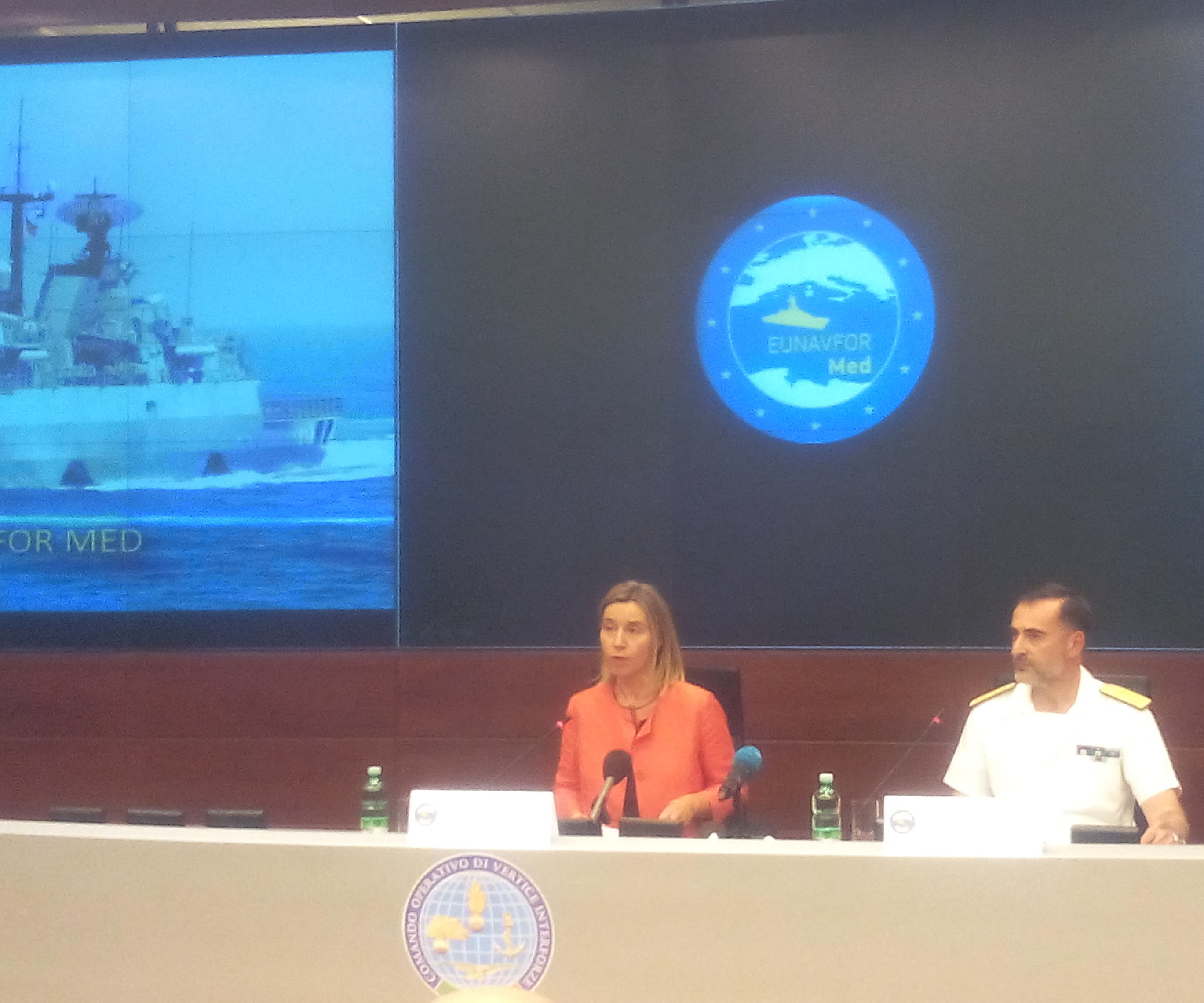Legal treatment of pirates: the French solution
 (BRUXELLES2) Legal proceedings are still a problem. And states seem a bit divided over solutions, as the debate at the United Nations this week showed (read: the options). According to Denmark, 60% of suspected pirates cannot be brought before a court, and must therefore be released. According to my statistics, this percentage would be even higher than in the first half of 1, around 2010%. A semester which "suffered" from a high success rate of the multinational forces (Eunavfor, NATO, CTf) deployed in the Indian Ocean but from a low possibility of prosecution (with Kenya's reluctance to welcome new suspects) . Fortunately France, with a preference for Puntland, has its solution... 🙂
(BRUXELLES2) Legal proceedings are still a problem. And states seem a bit divided over solutions, as the debate at the United Nations this week showed (read: the options). According to Denmark, 60% of suspected pirates cannot be brought before a court, and must therefore be released. According to my statistics, this percentage would be even higher than in the first half of 1, around 2010%. A semester which "suffered" from a high success rate of the multinational forces (Eunavfor, NATO, CTf) deployed in the Indian Ocean but from a low possibility of prosecution (with Kenya's reluctance to welcome new suspects) . Fortunately France, with a preference for Puntland, has its solution... 🙂
(Nicolas Gros-Verheyde)



it's incredible that we propose countries that do not yet have a legal existence (puntland, somaliland, etc.) or countries outside the horn of africa (Kenya, the Seychelles) that don't care what is happening in a region that they do not understand well (Kenya because it has never been able in its history to integrate its Somali minority in the northeast for a little while, the Seychelles because it has no special relationship with that country). There is a country which has a state, which is close to these events, whose population is quite close culturally or economically to what is happening in Somalia: the Republic of Djibouti. Country (which “benefited” for a hundred years from the “benefits of French colonization”, no!). A justice that could have a certain influence on these pirates (they have the same cultural references, the same language as the Djiboutians). If this Djiboutian justice is not independent of the local power, it has at least the advantage of being able to deal with this kind of problem more seriously than in Kenya where the reference to Somalis is extremely negative or the Seychelles which have only a distant relationship with this country.
Finally, this could involve France in Djibouti in a way other than through military forces (the French military presence, which has been supposed to prevent, since 1977, any violent development in the region through its presence in Djibouti, is an obvious failure) by carrying its efforts on these legal aspects, among others. A real state-to-state cooperation, finally, in the direction of regional peace could then be developed between Djibouti and France. It is still necessary to go beyond the stage of “Djibouti, sandbox of the French army” and to engage seriously in this region through a more political voice.